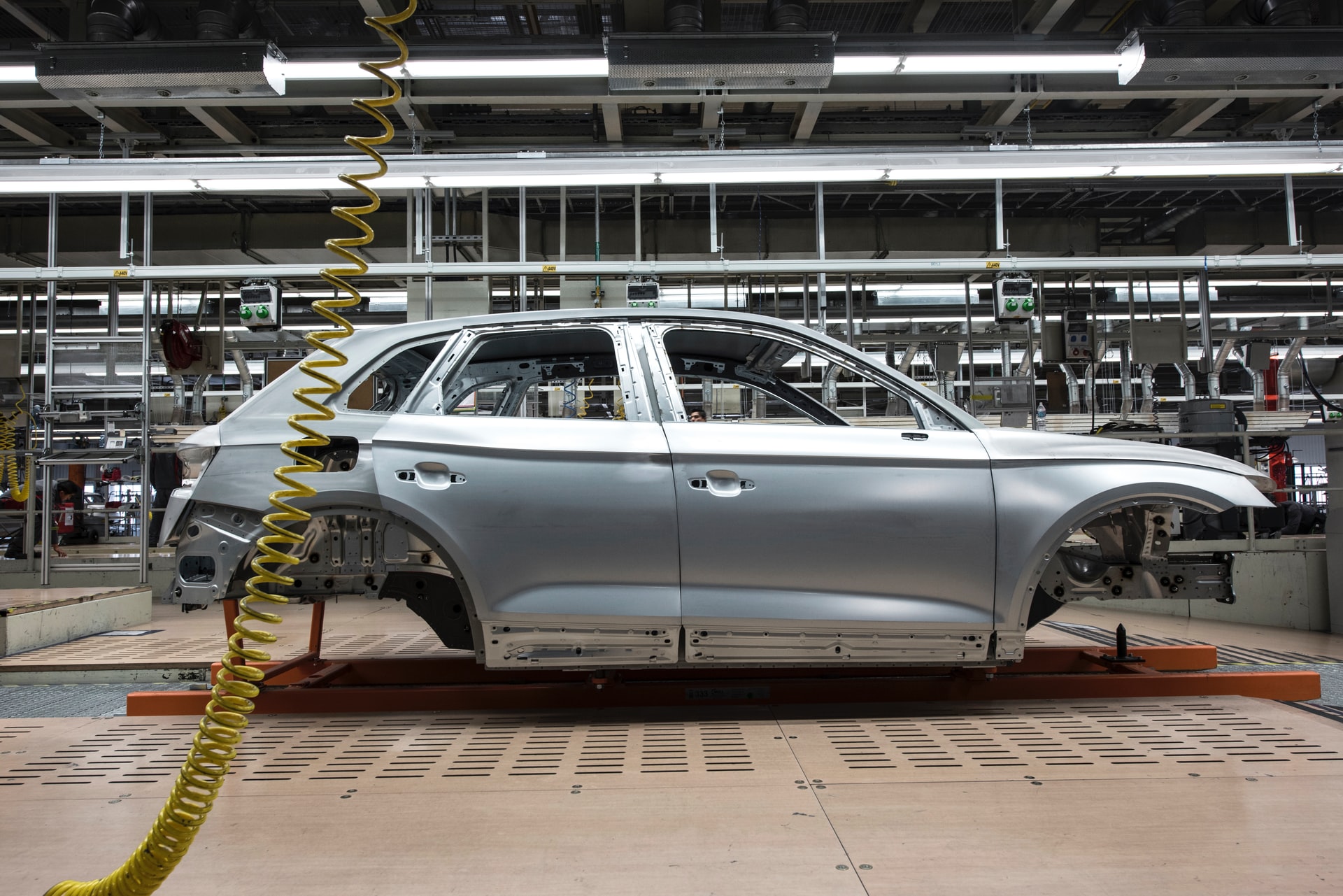In the negotiations for annual coil supply contracts, big automotive customers have reportedly treated mills with relative sympathy, but played tricks with their supplier base.
“I heard the OEMs [original equipment manufacturers] were rather moderate, and did not force the mills to take the spot market as the common ground,” Kallanish hears from a market observer. Apparently, the manufacturing industry is becoming increasingly aware of the massive challenges and investments the steel industry is facing to convert to direct reduced iron, in the interest of cleaner steelmaking.
In fact, OEMs are encouraging steelmakers to go for cleaner production. “If you look at the new [car] models planned as of 2025, each inquiry coming from the OEMs our way has a passage that asks for green steel with a defined footprint. We ourselves have signed memoranda-of-understanding to that effect,” says a source at a big automotive supplier.
Contrasting that impression, rumour has it that OEMs pursued two contradicting strategies in the negotiations. On the one hand, the big carmakers themselves were among the first to conclude deals, thus setting a quick pace. On the other, they wanted their tier suppliers to keep dragging on their negotiations with mills, and to try to get better deals.
OEMs struck their deals at a €200/t ($213) reduction to the previous year, arriving at around €830/t ($885) for hot rolled coil, and apparently at €950+ for hot-dip galvanized coil. But they then asked their tier suppliers to keep bargaining, and to target a year-on-year reduction of €300, which became increasingly irrational with each December week.
“It is weird that OEMs drive their suppliers crazy, while themselves signing on early,” one buyer comments. Any tier company signing late will likely pay higher prices. OEMs speculate on that, as it gives them a stronger position when bargaining with their suppliers, the buyer believes.
Christian Koehl Germany






